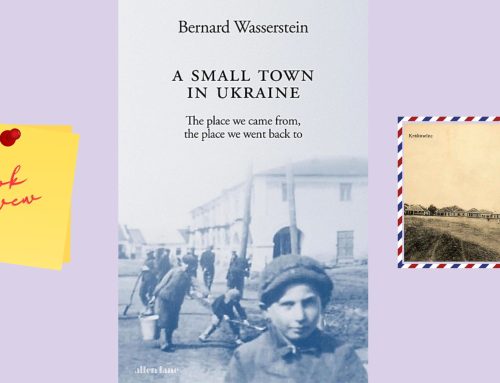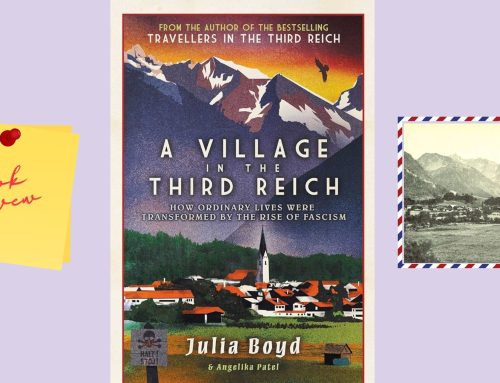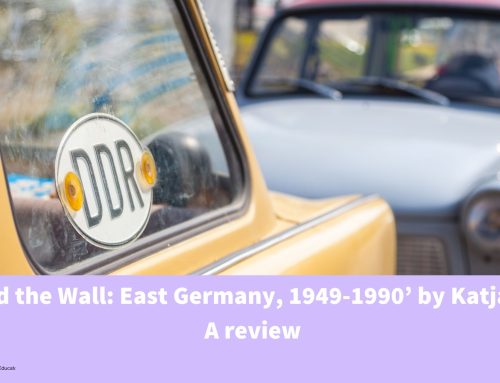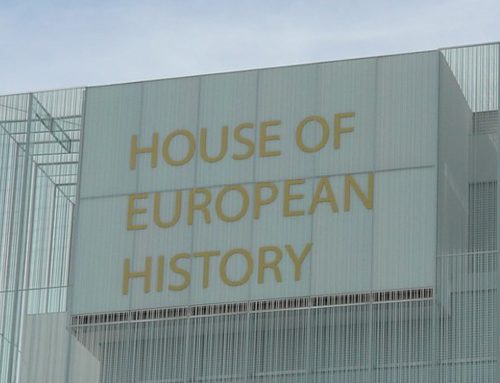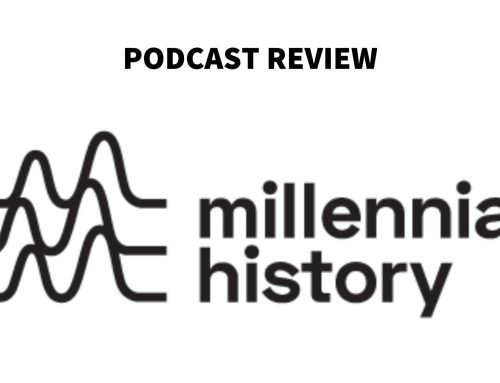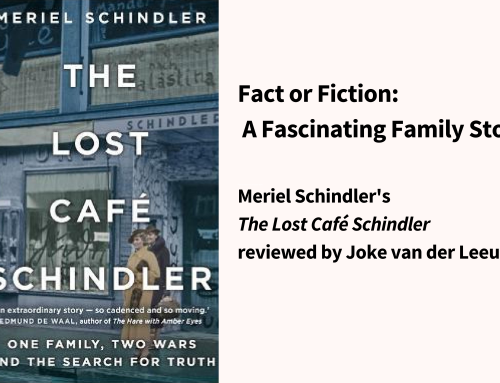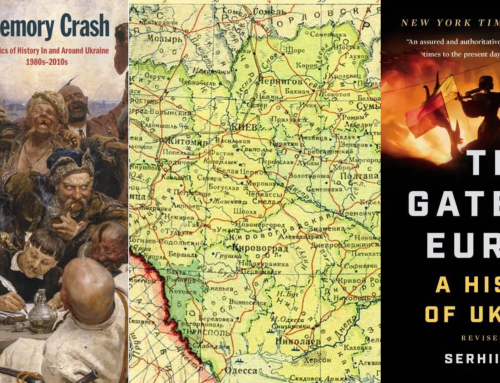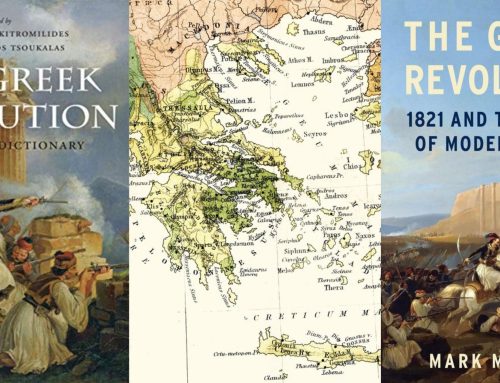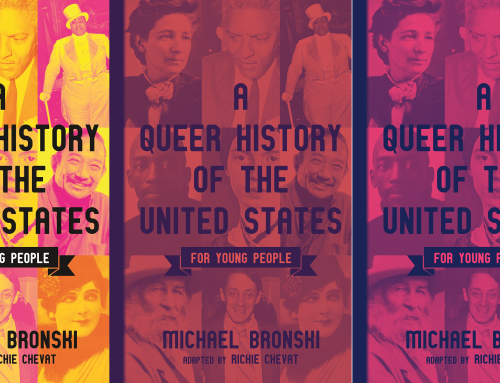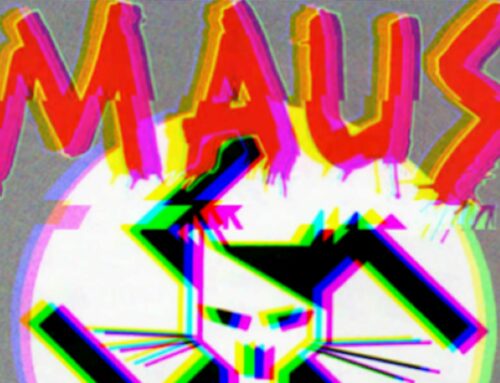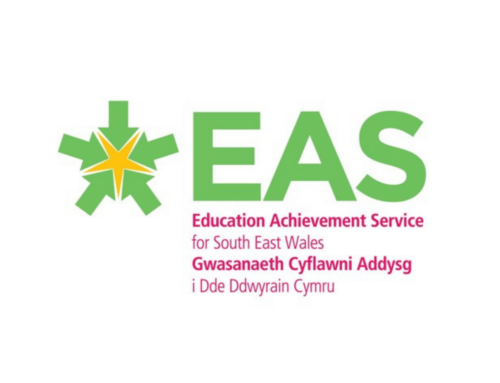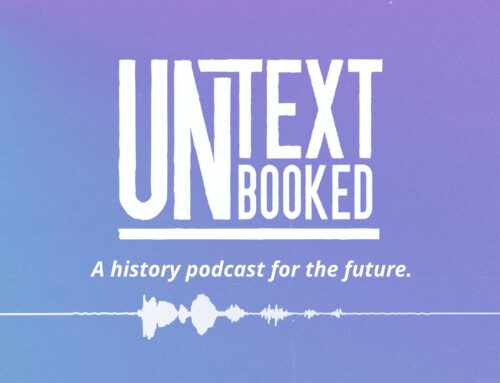In the late 1990s I travelled every five weekends to Poland as a history consultant for the KREATOR project supporting changes in school curricula and methods of teaching in Poland organised by Brunel University in London. I was a real outsider in the group as all other participants were either Polish or British. My task was to address responsible and innovative history education with a group of Polish history teachers and teacher educators. I soon found out how much attention was paid to Polish national history in schools and discovered that my knowledge of Polish history was at an absolute minimum. Desperately I searched for helpful recent academic studies, and to my regret found that there was a big deficiency in modern academic publications on Polish history, available in languages I could digest. I felt in a sense inadequate discussing responsible history education in a country where the dominant national narrative was so influenced by the late 18th century partitions and the suffering during the Second World War.
How valuable Andrzej Chwalba’s The People of Poland at War: 1914-1918 would have been to facilitate my understanding of the complexities of Polish history in that period.
I read the book in German with the title Der Krieg der Anderen, Die Polen und der Erste Weltkrieg 1914–1918. I think the German title is better chosen, as it immediately takes you right to the heart of the matter. After all der Krieg der anderen means the war of the others: Polish soldiers were supposed to fight in the armies of three belligerent empires: The German Empire (Prussians), the Habsburg Empire, together forming the heart of the Central Powers, and the Russian Empire, belonging to the Allied Forces. The Polish speaking soldiers had no choice who to support, they simply were enlisted in the armies of the countries they happened to live in since the end of the 18th century.
The People of Poland at War: 1914-1918 is a captivating book demonstrating the profound complexity of this crucial period in Polish history. Andrzej Chwalba meticulously depicts the situation of the movements of the fronts, the miserable situation of the Polish population caught in between moving fronts and occupying forces, as well as the intellectual and military developments towards greater Polish autonomy and finally independence. And all the time the reader is made aware that all these topics lead to different experiences and pathways for the Poles not only in one of the three Empires, but also in the occupied zones of the Empires.
Chwalba pays a lot of attention to the position of the Jews, whose preferences for the warring countries regularly differed from the Poles. The Poles living in the Russian Empire were according to Chwalba more integrated as equals in the bureaucracy and in the army than this was the case for the Central Powers. The Jews had been victims of regular pogroms in the Russian Empire, often with involvement of the army, and therefore had more of an inclination towards the Central powers (I could not help thinking how wrong that, too, went 20 years later). In the book you see a further rising of animosity between the Poles and the Jews related to different ideas about politics and about their national futures, including a desire of building a Jewish National State on the same territories that the Poles considered to be theirs.
Disputes about the future territory of an autonomous or independent Poland are a recurrent theme in the book. Many Poles wanted to see the return to the ancient Rzeczpospolita, as it existed before 1772. The German authorities, although eventually giving some autonomy during the war and even promising post-war independence for a Polish Kingdom, were silent about what territory such an independent Poland would comprise. Other peoples living in the same regions, Ukrainians, Belarusians and Lithuanians, had claims on the same lands.
An interesting element is the rising importance of Polish civil society, especially for self-help during war and occupation. A great variety of organisations were set up to support distribution of food and accommodation, challenges relating to refugees and migration, and the reconstruction of war damages. Poles abroad, such as the famous composer and pianist Ignacy Jan Paderewski, worked tirelessly to interest people in France, the United States and Britain in the miserable fate of the Polish people. Many gave generously, but a small remark in the book made me aware that the neutral Dutch did basically nothing.
The international support, especially that of US President Wilson, was also instrumental for the Polish independence movement. His thoughts about self-determination for the Polish people were initially opposed by the United Kingdom and France, as they were worried about the implications for their own relations with Russia. However, by the end of the War, it was recognized by all Allied Powers that a Polish independent state would form a part of the Peace Settlement. The ‘what’ and the ‘how’ of that state was far from clear. The various developments in the different parts of the lands where Polish people lived gave much uncertainty on how to organize a unitary Polish State. Other independence movements in the same areas would also require attention for the Great Powers, looking at the vast territories in Central and Eastern Europe open for new ruling powers after the War. But one thing was clear already in November 1918, army chief and the by then national hero Pilsudski would play a leading role in the time to come.
I also have some critical observations. I missed maps dearly. In a region that changed so much since 1914, it was hard to follow the geographical details described by Chwalba. While reading, I used old maps on my iPad to trace the places mentioned. I also missed photographs of some of the leading persons and sometimes the text was a bit too detailed. The book is full of interesting quotes of people living at the time and even all sorts of contemporary songs and poems, but to my surprise annotation is missing.
But still, the People of Poland at War is an eminent and fascinating publication and I greatly enjoyed reading it. The book is a myriad of complex and multiperspective narratives, which together made me realise how much we need Chwalba’s guidance to understand Polish history. I cannot wait for a follow up publication, giving us similar deep insights on how the Polish leadership after November 1918 has been building Poland as a unitary state. This book is a very good read for all those who want to get a better understanding of the complex history of Central and Eastern Europe written by high quality local historians like Chwalba. We certainly need more access to such publications through good translations like this one.
English version: Chwalba, Andrzej: The People of Poland at War, in: Geschichte – Erinnerung – Politik, vol. 39, Peter Lang Verlag, Berlin [a.o.] 2021.
eBook 64.49 € Hardcover for 60.03, 426 Pages.
German version: Chwalba, Andrzej: Der Krieg der anderen, Die Polen und der erste Weltkrieg 1914-1918, Reihe: Geschichte – Erinnerung – Politik, Bd. 43, Peter Lang Verlag, Berlin [u.a] 2021.
eBook for 67.88 € Hardcover for 60.03 € (56.10), 442 Pages.
Written by Joke van der Leeuw-Roord, EuroClio founder and special advisor.


